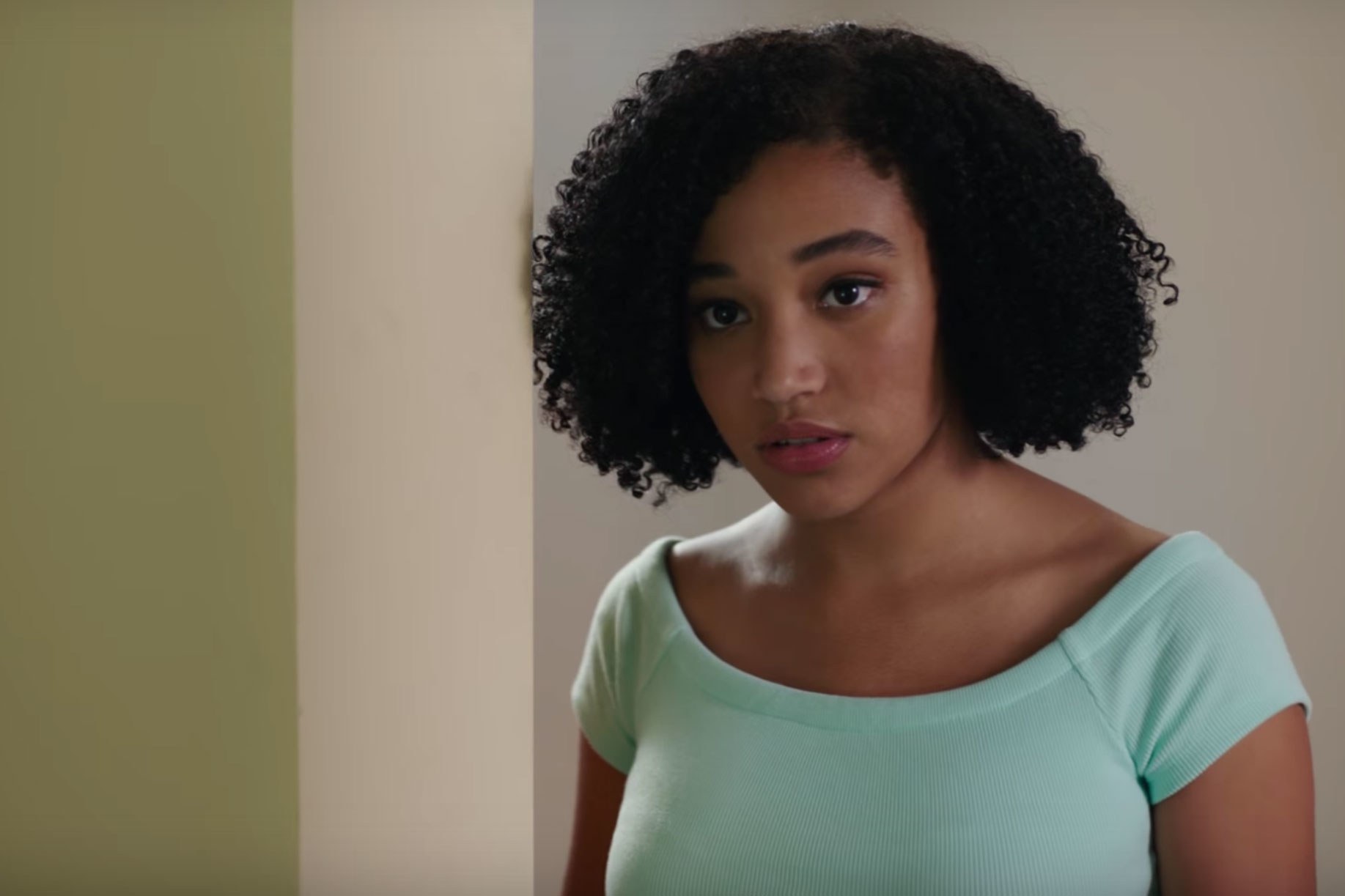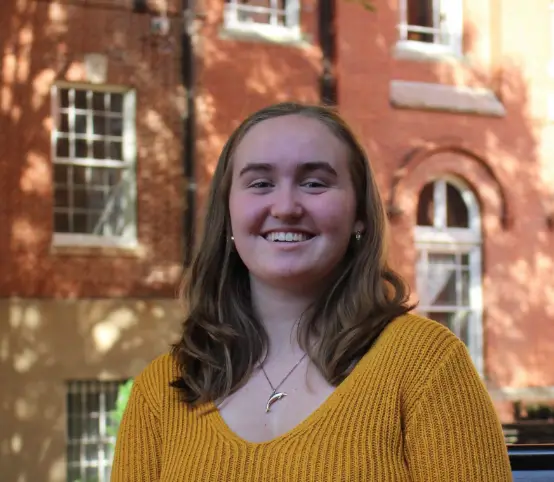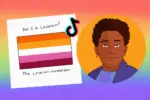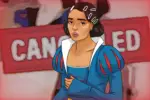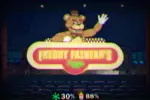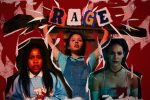After coming out as bisexual in 2016, Amandla Stenberg has opened up about her sexuality once again: She is gay and happy to be gay.
The world needs to look kindly on this journey made by a young person so publicly, and laud her not necessarily for her bravery (though she definitely has that) but for her openness about her personal journey.
By sharing her story, Stenberg is already making the world better — she has been named most influential teen by TIME Magazine twice and has been working in entertainment since she was 4 years old. Her activism has been a part of her approach to stardom for almost as long, and in an interview with Wonderland, she speaks eloquently about race and sexuality.
As a 19-year-old, Stenberg’s announcement is important because it shows the way a person can go through a journey over time with their sexuality and identity. The fact that she once came out as bisexual doesn’t mean that she somehow perjured herself; it’s a testament to the way that understanding oneself can sometimes take time and that finding the right label can be difficult.
Frankly, people will probably use Stenberg’s announcement that she is gay as a way to invalidate the identity of bi women. This isn’t what her journey means — bi women are real and being bi is a real identity. Having a change in sexuality and gender over time, especially for teenagers, is normal and doesn’t need to be the source of questioning.
The interview in which she made her announcement also fortuitously came at a time when Stenberg is going to be on screens across America for a while. She’ll be in “The Darkest Minds” and in the highly anticipated film adaptation of “The Hate U Give.”
For the past couple of years, Stenberg has been featured in several films based on books for young adults.
In some ways, her story is the encapsulation of where YA lit has been and should be moving toward: stories about diverse teenagers from various places with different experiences and identities to share.
The media that teenagers consume is integral in forming the world into the image of acceptance. Young black girls need to see themselves on screen, and white teenagers also crucially need to see positive representation of black people in media.
Groups like We Need Diverse Books have been working to elevate the voices of people from different backgrounds in literature for children and teenagers, and Stenberg’s work on “The Hate U Give” will at least partly be a vindication for that work: a young black girl working thoughtfully on a movie based on a novel by another black woman.
Stenberg herself wished the media had portrayed stories such as her own more.
“Had I had more representations of black gay women growing up, I probably would’ve come to conclusions around my sexuality much earlier,” she explained, “because I would’ve had more of a conception of what was possible and okay.”
Stenberg’s journey is beautiful to see because now she is going to create that kind of world for herself, where she can empower herself and others by coming out and inspiring people to see themselves as “whole, complete, and normal.”


